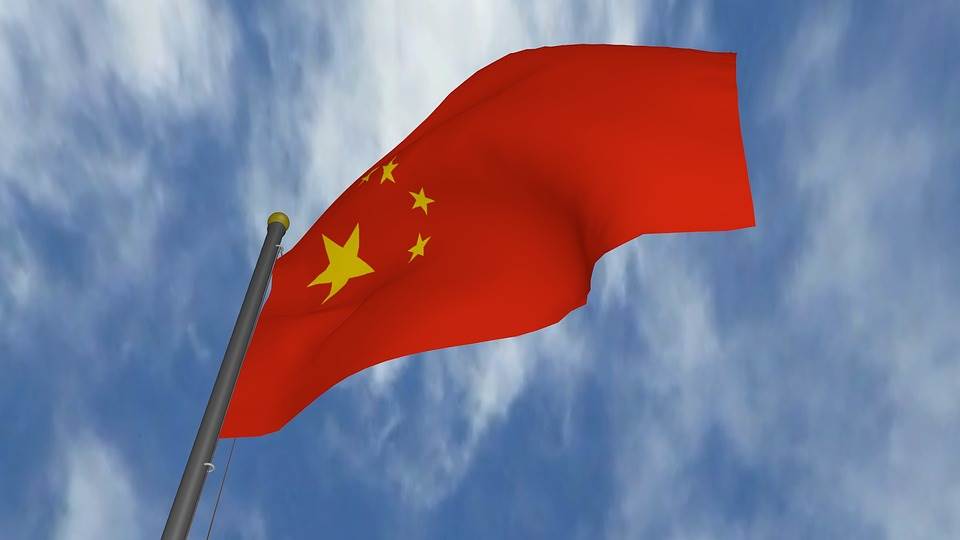 The Trump administration has finally accused China of manipulating its currency in order to give its exports a financial edge over competing products. Anybody who follows currency movements will know that, broadly, the Chinese currency has long followed the Dollar. Equally, the Yuan has been depreciating against the Dollar somewhat ever since the Trump administration threatened to levy tariffs on Chinese imports, softening the effect of the measure.
The Trump administration has finally accused China of manipulating its currency in order to give its exports a financial edge over competing products. Anybody who follows currency movements will know that, broadly, the Chinese currency has long followed the Dollar. Equally, the Yuan has been depreciating against the Dollar somewhat ever since the Trump administration threatened to levy tariffs on Chinese imports, softening the effect of the measure.
The phenomenon of Chinese currency manipulation is not new, but the response of Trump’s administration to acknowledge it is. Other administrations have usually fought shy of making the claim since once it has been made, America must take action against China, because of domestic US law.
The Yuan dropped through the 7-to-a-Dollar mark on Monday, for the first time since 2008, which precipitated the US announcement (in January of last year, before the trade war started the Yuan was as low as 6.4 to the Dollar). The US decision is likely to intensify the tensions between the two nations over trade. It comes after China pledged to retaliate over a US decision to impose a 10% tariff on a further $300 billion worth of Chinese goods (the move makes such products more expensive in the USA and therefore (in theory at least) less competitive than domestic products).
The People’s Bank of China claimed that the decline in the value of the Yuan was due to "unilateralism and trade protectionism measures and the imposition of tariff increases on China".
The US Treasury Department announcement noted: "China has a long history of facilitating an undervalued currency through protracted, large-scale intervention in the foreign exchange market. In recent days, China has taken concrete steps to devalue its currency, while maintaining substantial foreign exchange reserves despite active use of such tools in the past."
The move mandates the US to engage with the IMF “to eliminate the unfair competitive advantage created by China’s latest actions”, a process that should lead to bilateral trade discussions which are on-going in any event. Theoretically, this would present the USA with a mechanism to put tariffs on Chinese imports, but (arguably) having already done so has exacerbated the situation to the point where the USA has made the declaration anyway.
Inevitably, the move has led to falls on global stock markets.
